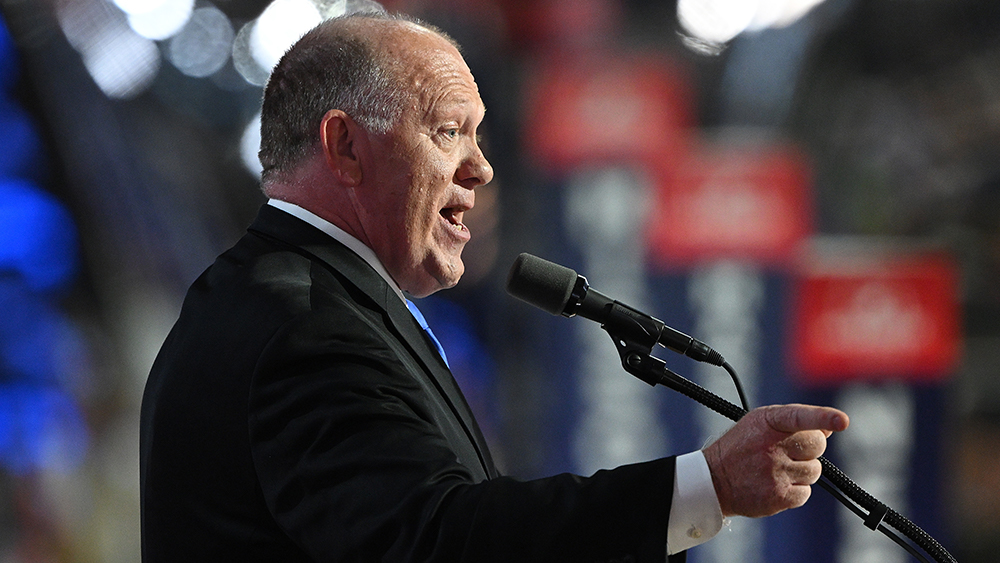From six figures to $25 an hour: These struggling job seekers are settling for lower-paying jobs to pay the bills
Some Americans laid off from high-paying jobs are responding to a tougher job market by accepting a much lower-paying or lower-level role.
Getty Images; iStock; Natalie Ammari/BI
- Laid-off workers are taking lower-paying jobs amid a tough job market for white-collar roles.
- Many workers struggle to regain previous salary levels post-layoff.
- More than 800 people who experienced long periods of unemployment shared their frustrations with BI.
Some Americans who were laid off from high-paying jobs are responding to a tougher job market for white-collar workers by accepting a much lower-paying or lower-level role than they previously had.
Bill Rees, 65, said he earned about $130,000 annually as a hotel general manager, but after a layoff last year, he's struggled to secure anything in that pay range.
Rees now earns about $25 an hour at a property management company in Wisconsin, where he moved to care for his mother. He said bills are tight, and his high Medicare insurance premium is straining his finances. He said he doesn't spend much time looking for other jobs after hundreds of applications, though he's continuing to work hard to make ends meet.
"I just can't afford anything anymore," Rees said. "I anticipate having to work until at least 20 years after I'm dead to make it all come out even."
We want to hear from you. Are you struggling to get a job? Have you previously struggled but have a job now? Please fill out this quick form.
Rees is one of many Americans who have had difficulty finding work recently. Since October, more than 800 recent job seekers between ages 18 and 76 responded to Business Insider's informal, nonrepresentative surveys on job hunting and shared their stories with reporters through emails.
Struggling to make ends meet
Jamie Jewell, 58, worked in public relations and administrative assistant roles and made about $50,000 at the peak of her career with a company car and benefits. Between layoffs, she held temporary jobs as a radio producer and defensive driving instructor, though she's struggled over the past few years to find stable employment that pays her bills.
Jewell faced a divorce in 2016 that set her back financially, and she moved in with her uncle six years ago when finances got tight.
Jewell, who's based in the Dallas area, makes about $1,000 monthly answering phones for a generator company and cares for her dad and uncle. She said she has no money to retire or financially assist her children, and she plans to continue working. Despite hundreds of unsuccessful applications, she said she's holding onto hope that she'll land something better-paying.
"In a corporate restaurant interview, a bunch of people in their 20s and early 30s came into the room and immediately looked at me, starting to grow gray hair, and their faces fell because even though I was perfect for the position, they wanted somebody younger," Jewell said.
BI previously reported that older Americans often had regrets about their careers, such as not prioritizing education and switching jobs too often. Statistics show it's often harder for older Americans to return to a comparable role after a layoff. Contributing to that is what some see as age discrimination. In a 2022 survey conducted by AARP, 64% of people over 50 say they'd either experienced or witnessed workplace age discrimination.
The struggles of those laid off and seeking work have been partly driven by a hiring slowdown in the US. Excluding a two-month pandemic-related dip in 2020, US businesses are hiring at the lowest rate since 2013, according to Bureau of Labor Statistics data. Per the BLS, about 1.6 million people had been looking for work for at least six months as of December, up from 1.3 million a year prior.
To be sure, the unemployment rate remains low compared with historical levels, and the layoff rate remains low, according to BLS data.
How to navigate a tough job market
Cam, 60, worked as a graphic designer and tech manager, making in the mid-$200,000 range before a layoff in June 2023, followed by a rescinded offer. After 18 months, he took a vice president of marketing position for a plumbing company in November — an upgrade in title but with a salary in the high five figures, less than half his previous role.
"I regret allowing myself to get pigeonholed within a single industry, as I think that has made my time getting re-employed particularly difficult because I was entirely in the technology industry," Cam said.
Cam, who asked to use his first name due to ongoing salary negotiations, said he may not have struggled as much with applications if he diversified his résumé. He's struggled to find work in the six figures, and finances are tighter than he anticipated. Still, he said he's hopeful he will land a position meeting his salary expectations and has enough to stay afloat.
In a challenging labor market, accepting a lower-paying or lower-level job can serve as a "career stepping stone rather than a step back," Jennifer Herrity, a career expert at Indeed, told BI.
Herrity said that workers who accept jobs quite different from their desired role should use the opportunity to gain experience, develop skills, and network effectively. When applying for roles, Herrity said that job seekers could consider excluding a role from their résumé if they think it's completely unrelated to their desired role.
Andrew McCaskill, a career expert at LinkedIn, said taking a "bridge job" can help people "stay connected to the workforce, gain experience, and avoid résumé gaps, which can ultimately make it easier to land your desired role when the job market improves."
However, this career decision comes with risks. McCaskill said accepting a lower-paying role could have long-term implications on earnings, as it could take a while for someone to work up to their prior salary. Additional challenges could come with taking a significantly different job "if the skills and experience gained cannot easily transfer to the roles you're pursuing," he said.
Individuals who transition to lower-level roles within their industry could have a better chance of bouncing back. Scott Fite began looking for IT roles when he was laid off from his systems analyst job last April. He said he spent a couple of hours every day applying for jobs but had little luck.
"I applied to everything that I could be considered qualified for, even if it might have been an inconvenient commute," Fite, who's in his 60s and based in Pennsylvania, told Business Insider.
When Fite's severance payments ended in October, he was still unemployed. It wasn't until late November that Fite said he received his first job offer: a programmer position that was fairly similar to his prior role. The downside was that the pay was $68,000 annually, roughly $21,000 less than he made at his last job. He decided to accept the offer.
Fite said his lower income has led him and his wife to eat out less, cut a few subscriptions, and pay for repairs for their two vehicles rather than buy new ones. Looking forward, Fite is optimistic that he'll be able to catch up to his prior compensation level.
"I think in three or four years, I'll be back where I was salary-wise," he said. "If I receive another offer for more money, I can always accept that one. I just needed to get going again."
What's Your Reaction?













































































